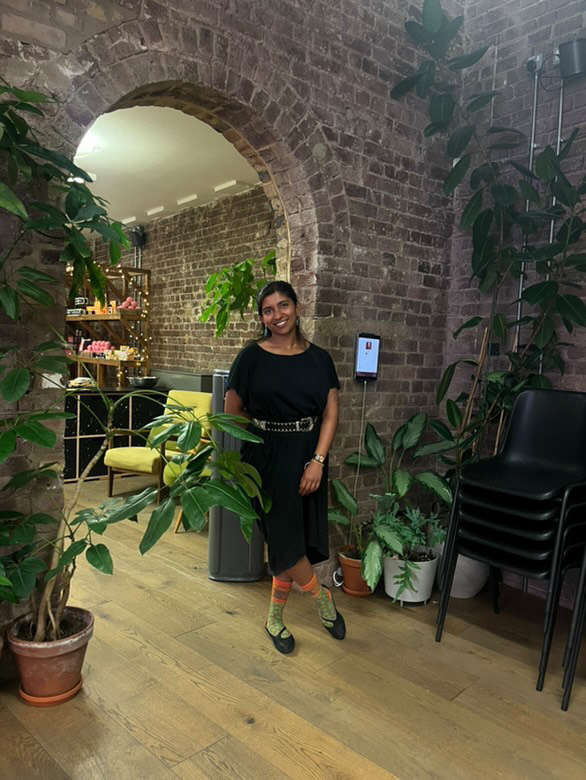
She now calls for education and media literacy
A young Green Party representative in Exeter has welcomed government confirmation that 16 and 17-year-olds will be able to vote in the next general election. Shriya, the party’s Youth Officer in Exeter, describes the move as a crucial step toward giving young people a proper voice in national politics.
The policy, long supported by the Green Party, means thousands of teenagers across the UK will vote for the first time. While turnout among 18 and 19-year-olds has historically been low, Shriya believes that introducing the vote earlier, while students are still in school or college, could help reduce political abstention in young people.
She explains “This new ruling will allow us all to be active participants in our community”.
She also argues that the key challenge now is ensuring they are given the tools to engage meaningfully in the democratic process. An increase in education must follow, she says, so that young people are not only aware of their rights, but also feel confident in using them.
“With an increase in education, the youth vote will rise”.
Alongside better education, Shriya is also calling for a stronger focus on media literacy. With young people increasingly exposed to political content on platforms like TikTok, Instagram, and YouTube, she believes there is a growing risk of misinformation shaping opinions.
“It’s really important to read the news and analyse the news and understand the news with your peers”
“Malignant media plays a huge role in the persuasion of not just the youth, but our overall population.”
Critical thinking and awareness of media bias, she says, are now essential skills for any voter, especially the newest ones.
The Green Party has consistently argued that 16-year-olds already take on many adult responsibilities, such as working, paying tax, and making medical decisions, and should therefore be trusted with the vote. Shriya sees the change not just as a win for young people, but as an opportunity to build a stronger, more inclusive democracy.
When the time comes for the next general election, schools, youth organisations, and political parties will now face the challenge of engaging this newly enfranchised group and ensuring their voices are heard at the ballot box.
 Torbay could quit blue flag scheme
Torbay could quit blue flag scheme
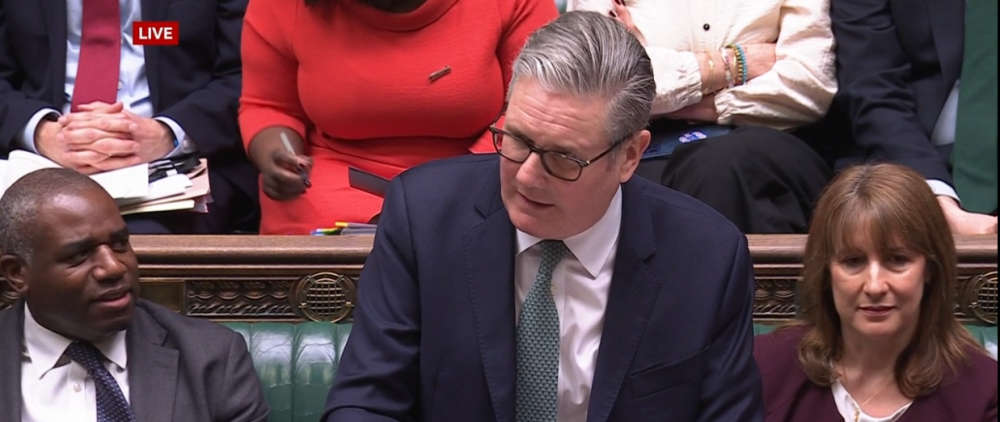 Voaden raises Slapton Line plight to PM
Voaden raises Slapton Line plight to PM
 Leisure company gets £975,000 loan from council
Leisure company gets £975,000 loan from council
 Massive Exeter student flats block gets the go-ahead
Massive Exeter student flats block gets the go-ahead
 Giant solar plan on hold
Giant solar plan on hold
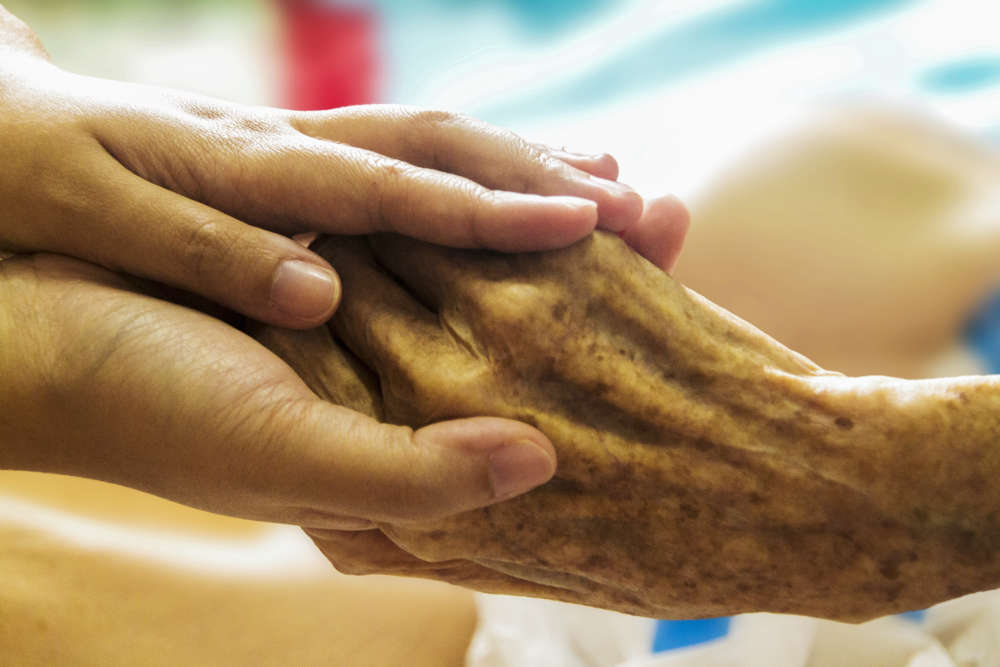 20-year healthcare partnership in Torbay under threat
20-year healthcare partnership in Torbay under threat
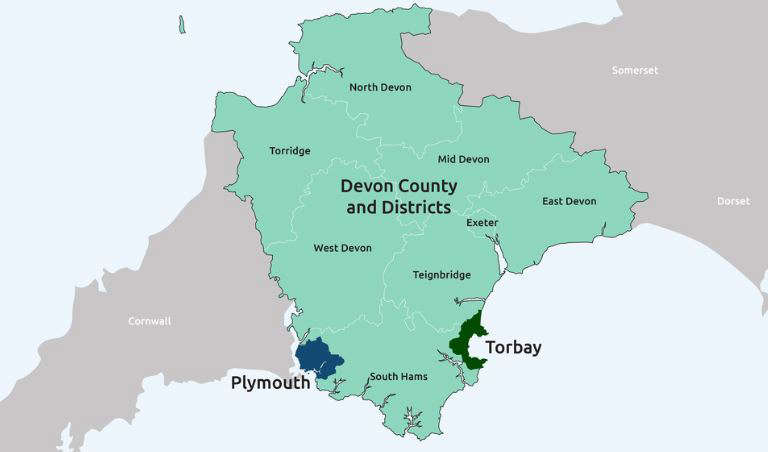 Have your say in revised Devon political map
Have your say in revised Devon political map
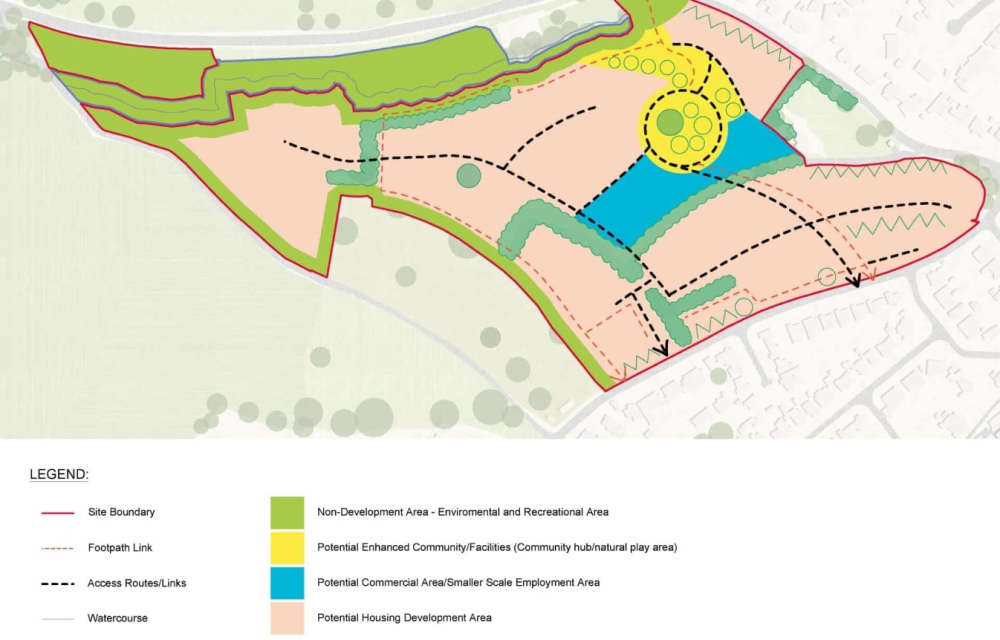 Brixham green fields homes plan to be submitted this month
Brixham green fields homes plan to be submitted this month
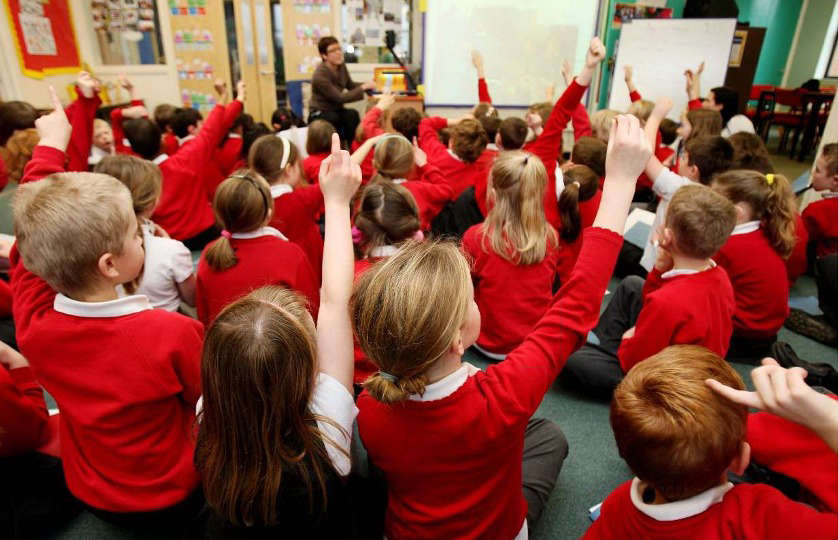 Children arriving at Paignton school ‘cold, tired and hungry’
Children arriving at Paignton school ‘cold, tired and hungry’
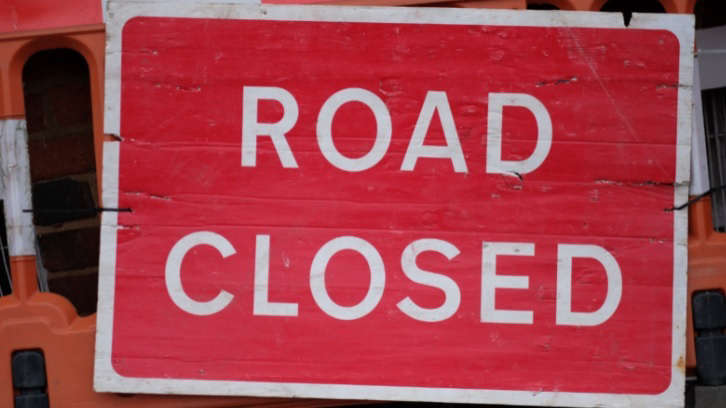 Geologists called to survey Exeter landslip
Geologists called to survey Exeter landslip
